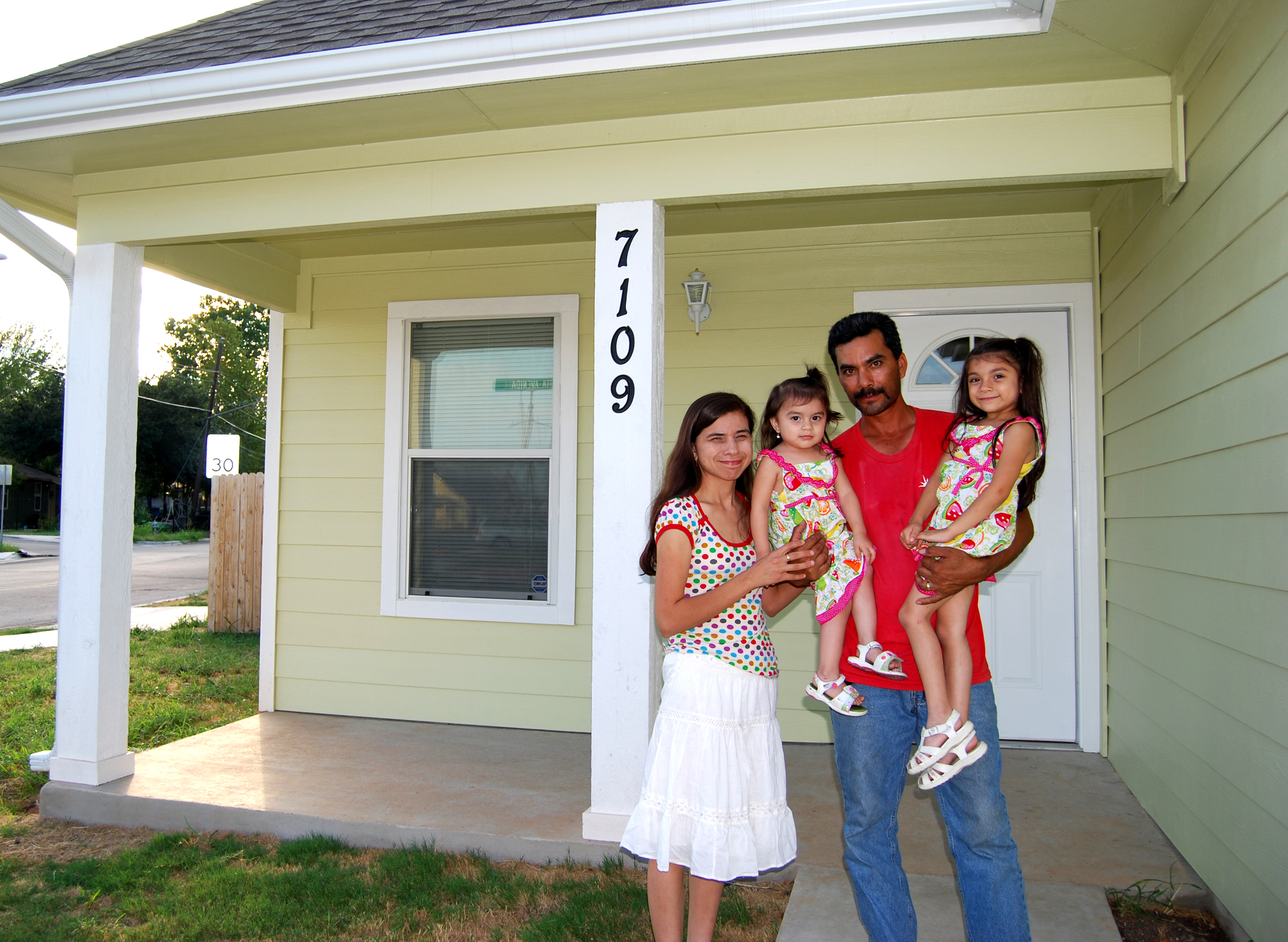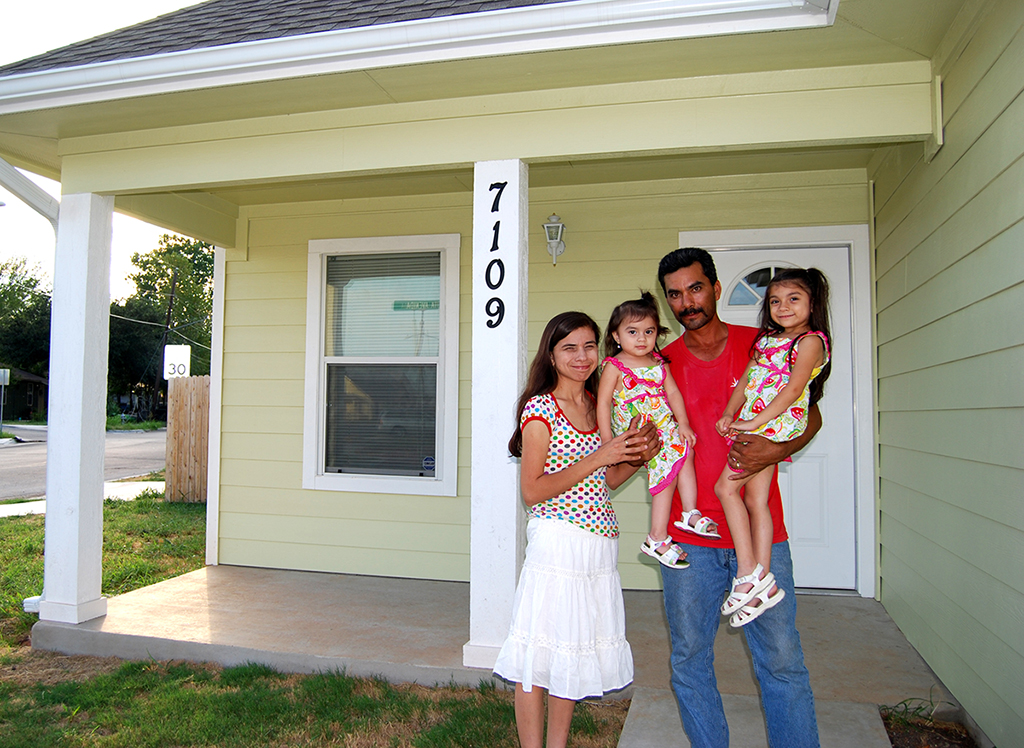Life After HAMP: What Kind of Mortgage Relief Can Struggling Homeowners Expect in 2017?

Last week the government-sponsored enterprises (GSEs) Fannie Mae and Freddie Mac announced the release of the Flex Modification, a foreclosure prevention program that follows on the heels of the expiring Home Affordable Modification Program (HAMP). HAMP, introduced in 2009, was designed to help homeowners who fell behind on their mortgage payments to get relief and avoid foreclosure. Leading up to the recession, many homeowners, particularly in communities of color, were targeted by predatory lenders who offered unsustainable mortgage products. HAMP allowed homeowners to get relief by providing them with a permanent adjustment to their monthly payment that would make their mortgage more affordable. Homeowners could access this adjustment by seeking guidance from a HUD-certified housing counseling agency, and completing an application to their mortgage servicer.
With HAMP set to expire on December 31, 2016, stakeholders in the housing industry have rolled out proposals for the post-HAMP loan modification program. The Mortgage Bankers Association has led the industry’s efforts and developed the One Mod proposal. This universal or one-size-fits-all loan modification approach aims to replace HAMP, which was based on an individualized assessment of a homeowner’s financial situation.

Consumer advocates, including NCLR and several other housing counseling partners, have also assessed what modification program will best serve the needs of low- and moderate-income borrowers. Our analysis of homeowners who came through our housing counseling networks revealed that the proposed One Mod streamlined loan modification process resulted in lower monthly payments for a majority of the homeowners, especially those whose mortgages were underwater. However, the benefits of this streamlined modification were not spread evenly among all homeowners, especially for those with lower incomes and those with hard-earned equity. Nearly one-quarter of homeowners with very low and moderate incomes in the study would not see a payment reduction of 20% or more—the key benefit and principle behind the streamlined approach. Homeowners in the study with at least 10%–20% in home equity would also not likely see the benefit of a 20% reduction in their monthly mortgage payment.
The newly announced Flex Modification from the GSEs incorporates features of HAMP and will replace the enterprises’ existing streamlined and standard modification programs. The GSEs anticipate that by the fall of 2017, mortgage servicers will be ready to evaluate homeowners at risk of foreclosure for a Flex Modification.
NCLR will be watching this rollout closely and will continue advocating at the national level to ensure that the new program is accessible for struggling homeowners. In 2009, we documented the erosion of Latino wealth resulting from foreclosure in the wake of the crisis. In 2010, NCLR documented the long-term impacts of foreclosure on Latino children and families, many of which are still felt by families seven years later. This is why we must make sure that mortgage modifications after HAMP are done right.
In response to the lessons learned from the crisis, NCLR urges mortgage servicers, the GSEs, and federal agencies to be vigilant during this transition to a post-HAMP world. Policymakers and the financial industry must work to ensure that the next loan modification program is accessible to and results in affordable mortgage payments for America’s vulnerable homeowners, especially Latino homeowners, who continue to struggle with their monthly payments nearly a decade after the housing crisis. NCLR will continue to work with policymakers to make sure that struggling homeowners are not forgotten when HAMP ends, and that they can still get assistance to avoid foreclosure. The housing counseling community is ready to do its part, especially the hardworking Affiliates in the NCLR Homeownership Network, to ensure that homeowners struggling with their mortgage payments fully understand their options and can access a loan modification.
